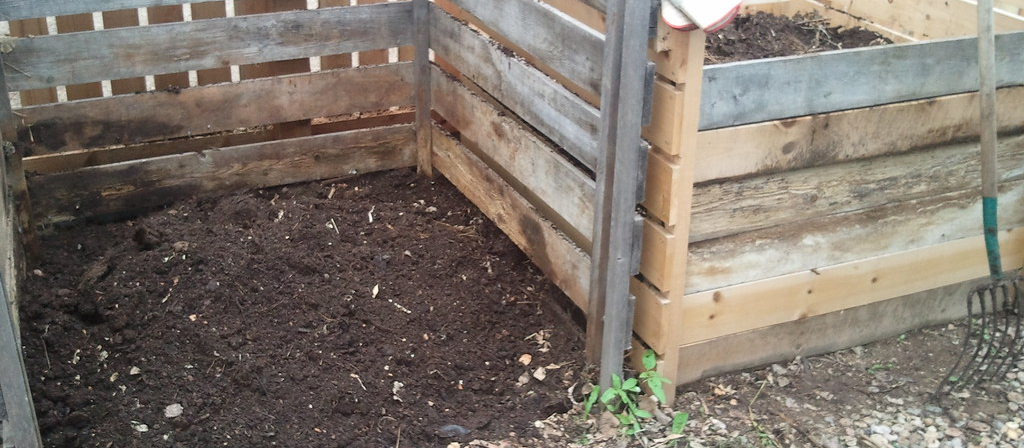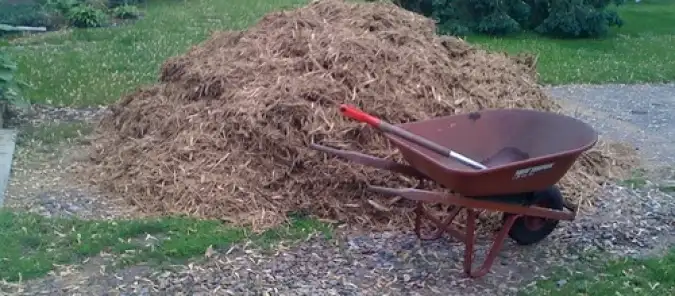Categories > Plant Care and Maintenance
Well-draining soil in your garden, how to get it?
Creating well-draining soil in your garden is essential for the health of your plants, as it allows excess water to move away from the root zone, preventing waterlogged soil. Here are steps to achieve well-draining soil.
- Assess Your Soil: First, determine the current state of your soil. Is it clayey, sandy, or loamy? This will help you understand its drainage characteristics.
- Improve Organic Matter: Amending your soil with organic matter like compost is one of the most effective ways to improve drainage. Compost improves soil structure and helps it retain moisture while still allowing excess water to drain away.
-
Add Organic Mulch: Applying a layer of organic mulch (e.g., wood chips, straw, or leaves) on the soil's surface can help maintain soil structure and prevent compaction, which leads to poor drainage. - Raised Beds: If your garden soil has severe drainage issues, consider creating raised beds. Raised beds provide better control over soil composition and drainage.
- Mix in Sand or Grit: For clayey soils that tend to retain water, mixing in coarse sand or grit can help improve drainage. However, this isn't effective for sandy soils.
- Improve Slope or Elevation: Ensure that your garden is slightly sloped away from structures like your house. This encourages water to drain away from the garden.
- Install Drainage Systems: In areas with serious drainage problems, consider installing drainage systems like French drains, dry wells, or perforated pipes to redirect excess water.
- Select Appropriate Plants: Choose plants that are suited to your soil's drainage capabilities. Native plants often adapt well to local soil conditions.
- Water Wisely: Overwatering can lead to poor drainage because it saturates the soil. Water your plants deeply but less frequently to encourage deep root growth and better drainage.
- Regularly Test Soil: Periodically test your soil to monitor its composition and pH. Soil tests can provide valuable information about nutrient levels and any potential problems.
- Avoid Compaction: Try to minimize foot traffic and heavy machinery on your garden soil, as compaction can lead to poor drainage.
Remember that it might take time to improve your soil's drainage, and the specific actions you take will depend on your soil's initial composition and local climate conditions. Regular maintenance and observation of your garden's drainage are crucial for long-term success.
Newsletter

